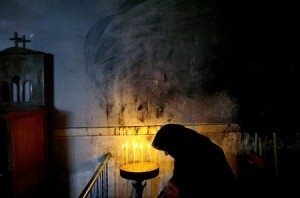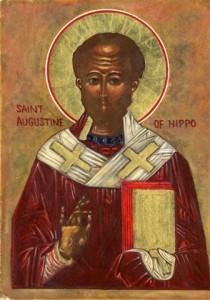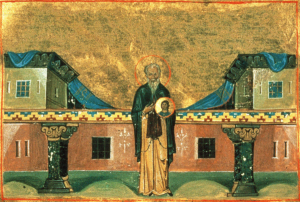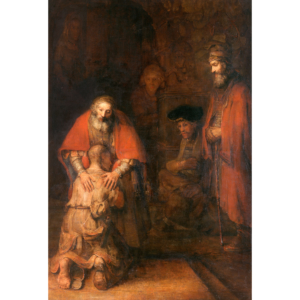There is no sin which cannot be pardoned except. . .
“There is no sin which cannot be pardoned except that one which lacks repentance, and there is no gift which is not augmented save that which remains without acknowledgement. For the portion of the fool is small in his eyes.”
+ St. Isaac of Nineveh, “Six Treatises on the Behaviour of Excellence”, Mystical Treatises by Isaac of Nineveh







